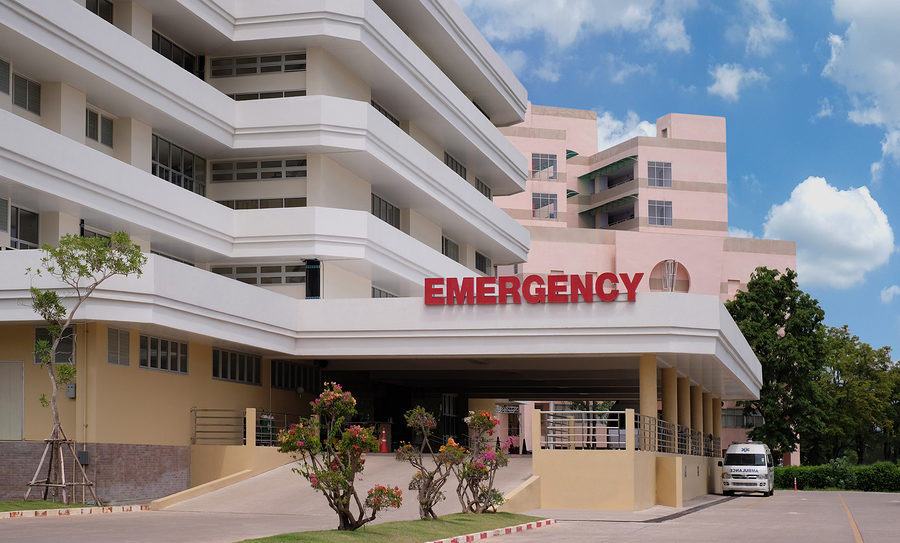Large nonprofit hospitals are distorting the healthcare system by engaging in pricing that increases costs on taxpayers. Our nation needs to move toward a market-based, free-market system that has been the cornerstone of the U.S. economy. The reason Americans have such a high standard of living and have good healthcare is that the federal government has resisted political voices calling for a socialist system.
Healthcare is a massive expense for Americans. The health policy organization KFF, on February 24, reported that “the federal government spent $1.9 trillion on healthcare programs and services in fiscal year 2024, 27 percent of all federal outlays in that year, and collectively the largest category of federal spending.”
To put this into perspective, the federal government spent $6.75 trillion in 2024 and carried a deficit of $1.8 trillion. The federal government is spending too much, and it is time to crack down on overspending on healthcare with this program.
The nation is creeping toward a single-payer system of healthcare that would remove the market forces that keep costs down. The price right now is staggering. The military budget for 2024 was $874 billion, and $880 billion on interest on the debt, far less added together than federal cash spent on healthcare. The national debt is fast becoming a bigger national security threat than our traditional adversaries.
The 340B Drug Pricing Program has become a case study in how government is getting it wrong. The program is a mandate on drug manufacturers that work with healthcare facilities to sell outpatient prescription drugs at a discount. Nonprofit hospitals participate in the program and purchase these drugs, yet they sell them at an inflated price. This shifts more costs onto taxpayers and causes inflation for patients.
This issue was highlighted in a recent letter from a coalition of conservative groups. A letter to Speaker of the House Mike Johnson and Senate Majority Leader John Thune, sent on July 16, argued, “Hospitals receive approximately 37 percent of all Medicare spending, and 32 percent of all Medicaid spending, a total of around $650 billion annually.”
This has become a wasteland of dependence and fraud. The groups point out that nonprofit hospitals don’t pay a corporate income tax for them to serve the public good, yet “charitable care is hard to find at these hospitals” and “there is a $26 billion gap between the tax exemption large nonprofit hospitals enjoy, and the amount of charity care they provide.”
The larger the nonprofit hospital, the greater the gap between the taxes they avoid and the profit they retain.
The 340B program was established to help lower-income Americans. One problem is that the hospital networks are extensive and target wealthy areas, which ends up increasing costs on taxpayers. The government has fallen short in conducting more thorough studies of these applications while failing to fully define who is, and who is not, an eligible patient for these drugs.
Studies show that costs are soaring as part of this program. The research firm Millman reported in June that some nonprofit hospitals are marking up prescription medicines by as much as 1,000 percent and opt for higher-cost medicines when lower-cost substitutes are available.
President Trump has made some positive changes in healthcare. The secretary of Health and Human Services has pushed a Make America Healthy Again agenda and imposed hard-to-reassess mandates on American citizens. The nation needs leaders who promote healthy living. The Right-to-Try legislation, signed during Trump’s first term, was an effort to expand freedom to allow those with severe life-threatening illnesses access to lifesaving drugs.
It is time for the administration to take a hard look at the policies of nonprofit hospitals to make sure they are serving the public good. One way to do that would be to impose more guardrails on the 340B program in a way to save taxpayers’ money.

